
LOCALISED at the European Urban Resilience Forum 2025: Accelerating Resilience Action

The 2025 edition of the European Urban Resilience Forum (EURESFO) will take place on 25-27 June in Rotterdam, The Netherlands. Also this year, LOCALISED is co-organising the event as well as is contributing with a panel discussion “Towards climate-resilient cities: Co-creating tools and services for local action”.
This session delves into the transformative role of co-creation—the collaborative process of designing climate resilience tools and services with local communities, city stakeholders, and experts. By integrating scientific knowledge with local insights, these tools have the potential to bridge the gap between policy and practice, creating more effective climate adaptation and mitigation strategies. But how can these tools be institutionalized within cities’ governance structures? And how can they be scaled to ensure impact beyond pilot areas?
Drawing from key European-funded projects such as LOCALISED, REACHOUT, RethinkAction, and Urban Climate Resilience Program (UCRP), we will explore practical experiences and lessons learned from co-creating urban resilience tools. These projects have exemplified how effective multi-level governance, partnerships with local communities, and EU-level support structures are crucial to turning resilient urban strategies into reality. With specific examples from cities like Berlin, Greater Manchester, Milan, the session will highlight strategies for engaging local communities, scaling solutions, and institutionalizing resilience tools for long-term impact.
Organised by ICLEI Local Governments for Sustainability and the European Environment Agency (EEA), EURESFO has been acting as a unique exchange platform in the field of resilience. The event brings together city representatives, experts, and stakeholders from local and regional institutions to discuss strategies, initiatives, and actions affiliating to climate change adaptation, disaster management, and the cultivation of urban resilience.
The 2025 edition of EURESFO is also co-organised the City of Rotterdam, and will focus on how to accelerate resilience action on six key topics. These topics are justice, inclusion and societal resilience, new extremes and polycrises: from heatwaves to water resilience, exploring nature-based solutions: from policy to action, finance and investment strategies for resilience-building, resilience governance in a polarised political landscape and finally data, information and evidence-based resilience action.




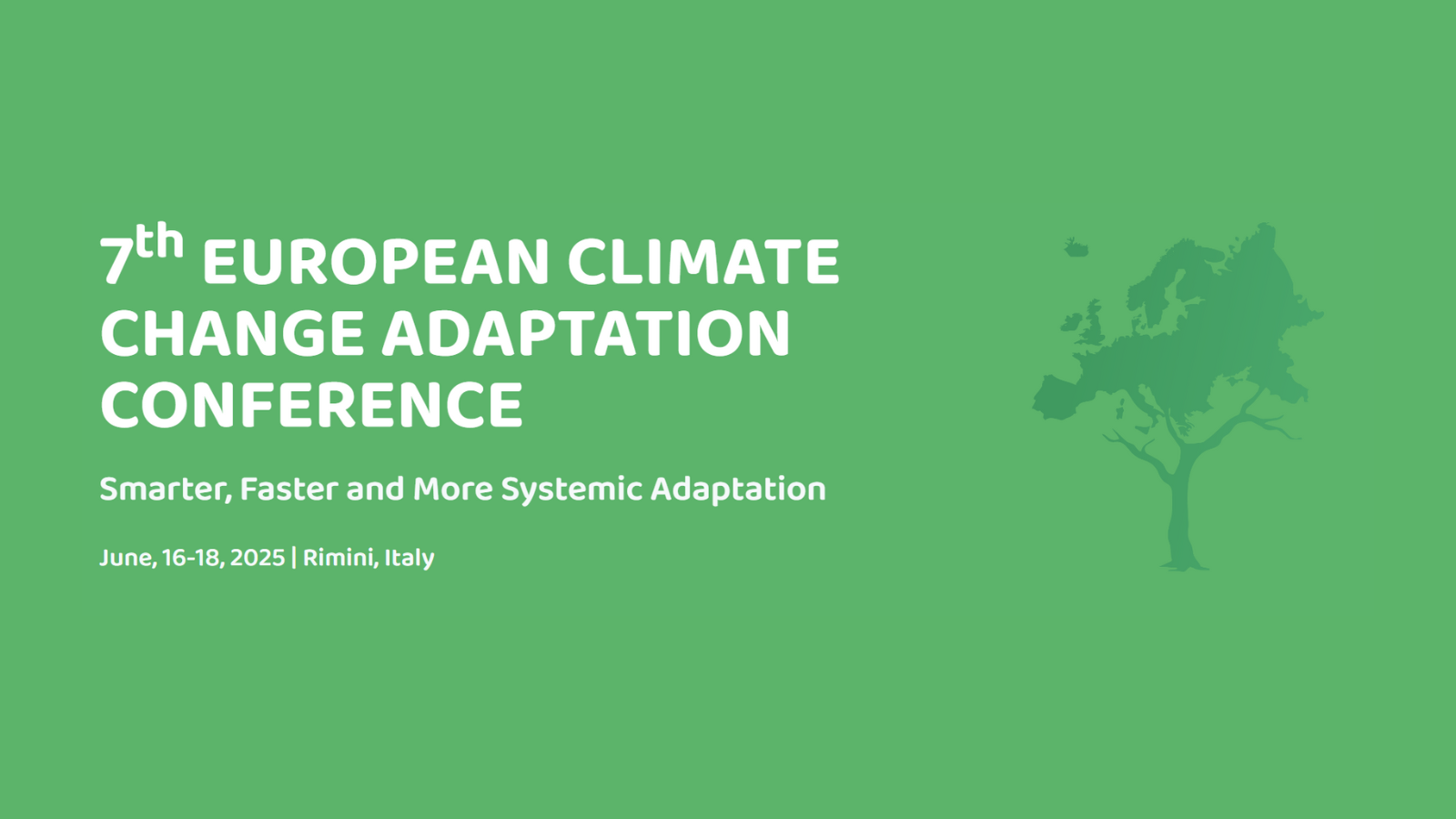

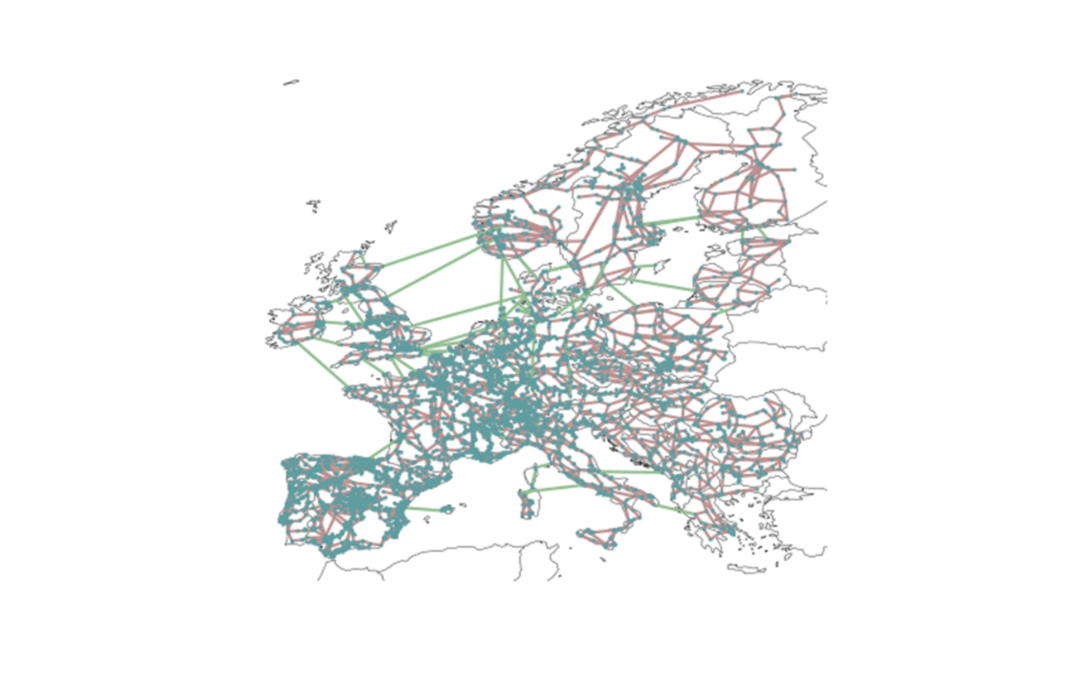
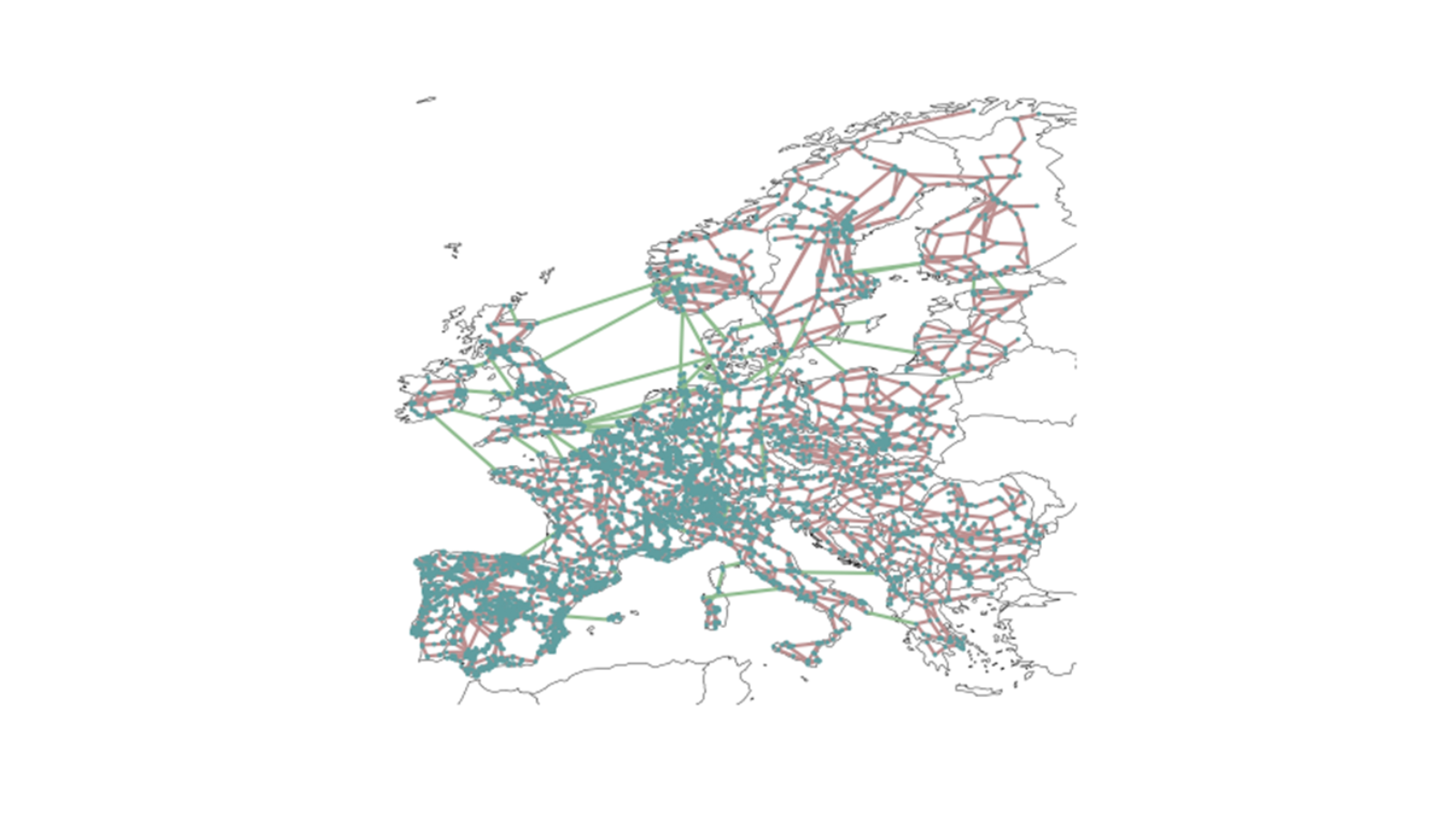
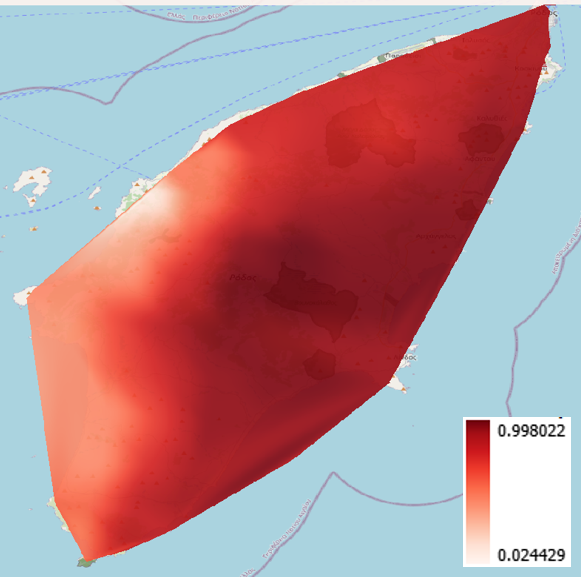
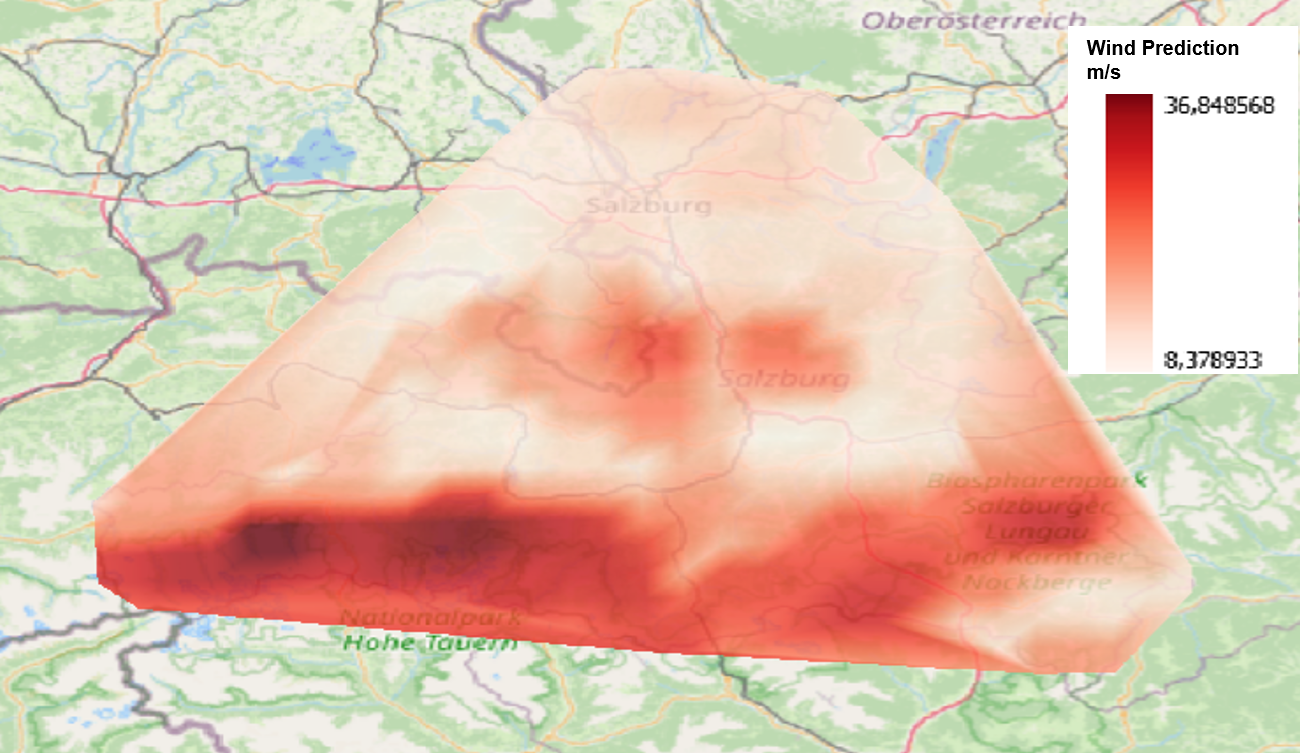

Recent Comments